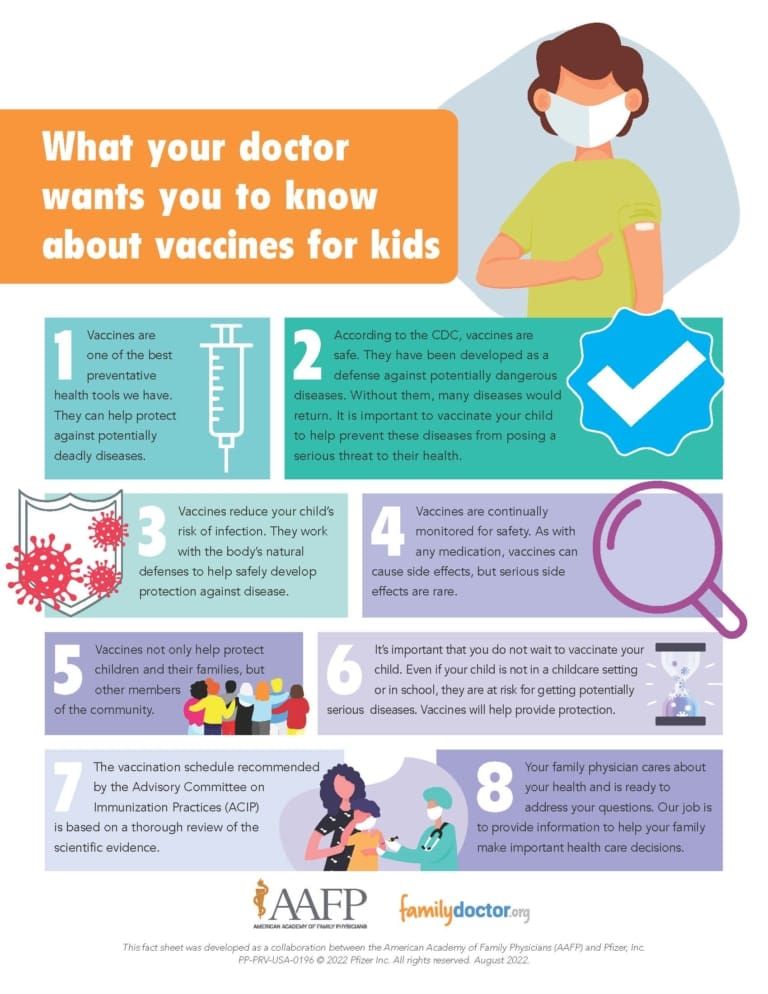
How to Manage Chronic Conditions in Older Adults
- 0
As we age, our bodies go through a number of changes that can make managing chronic conditions more challenging. However, with the right strategies and support, older adults can effectively manage their health conditions and maintain a high quality of life. In this article, we will explore some key tips and techniques for managing chronic conditions in older adults.
1. Stay Informed
One of the most important steps in managing chronic conditions is to stay informed about your health. Make sure you understand your condition, including symptoms, treatment options, and potential complications. Stay up to date on the latest research and guidelines for managing your condition, and don’t be afraid to ask questions or seek out a second opinion if needed.
2. Develop a Management Plan
Work with your healthcare provider to develop a comprehensive management plan for your chronic condition. This plan should include a schedule for medications, lifestyle changes, and regular check-ups. Make sure you understand how to properly manage your condition on a day-to-day basis, and don’t hesitate to reach out to your healthcare provider if you have any concerns or questions.
3. Prioritize Self-Care
Self-care is an essential component of managing chronic conditions in older adults. Make sure you are getting enough rest, eating a healthy diet, and staying active. Engage in activities that help reduce stress, such as meditation or yoga, and make time for hobbies and socializing. Remember that taking care of yourself is just as important as managing your condition.
4. Monitor Your Symptoms
Keep a close eye on your symptoms and any changes in your health. If you notice new or worsening symptoms, don’t hesitate to reach out to your healthcare provider. Regular monitoring of your health can help catch any issues early and prevent complications from your chronic condition.
5. Engage with Support Networks
Managing a chronic condition can be challenging, but you don’t have to do it alone. Engage with support networks, such as family, friends, or support groups, who can provide encouragement and assistance. Don’t be afraid to ask for help when you need it, and be open and honest about your struggles and concerns.
6. Stay Positive and Resilient
Maintaining a positive attitude and staying resilient in the face of challenges is key to managing chronic conditions in older adults. Focus on the things you can control, rather than dwelling on the things you can’t. Stay motivated and determined to live your life to the fullest, despite any health setbacks.
7. Follow Up with Healthcare Providers
Regular follow-ups with healthcare providers are essential for managing chronic conditions in older adults. Make sure you are attending all scheduled appointments, and don’t hesitate to reach out if you have any concerns or questions. Your healthcare provider can help adjust your management plan as needed and provide additional support and guidance.
Conclusion
Managing chronic conditions in older adults can be challenging, but with the right strategies and support, it is possible to maintain a high quality of life. By staying informed, developing a management plan, prioritizing self-care, monitoring symptoms, engaging with support networks, staying positive and resilient, and following up with healthcare providers, older adults can effectively manage their chronic conditions and live life to the fullest.
Remember, your health is important, and taking care of yourself is the first step towards managing your chronic condition. Stay proactive, stay informed, and don’t hesitate to reach out for help when needed. With the right mindset and support, you can effectively manage your chronic condition and continue to enjoy life to the fullest.

